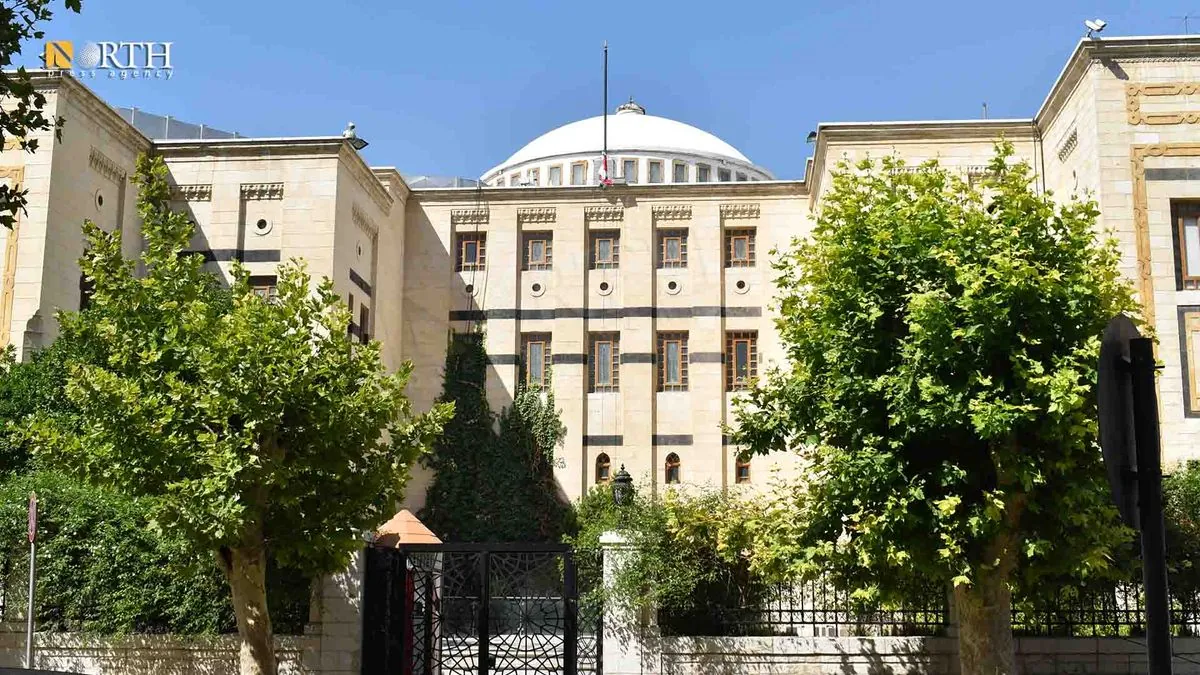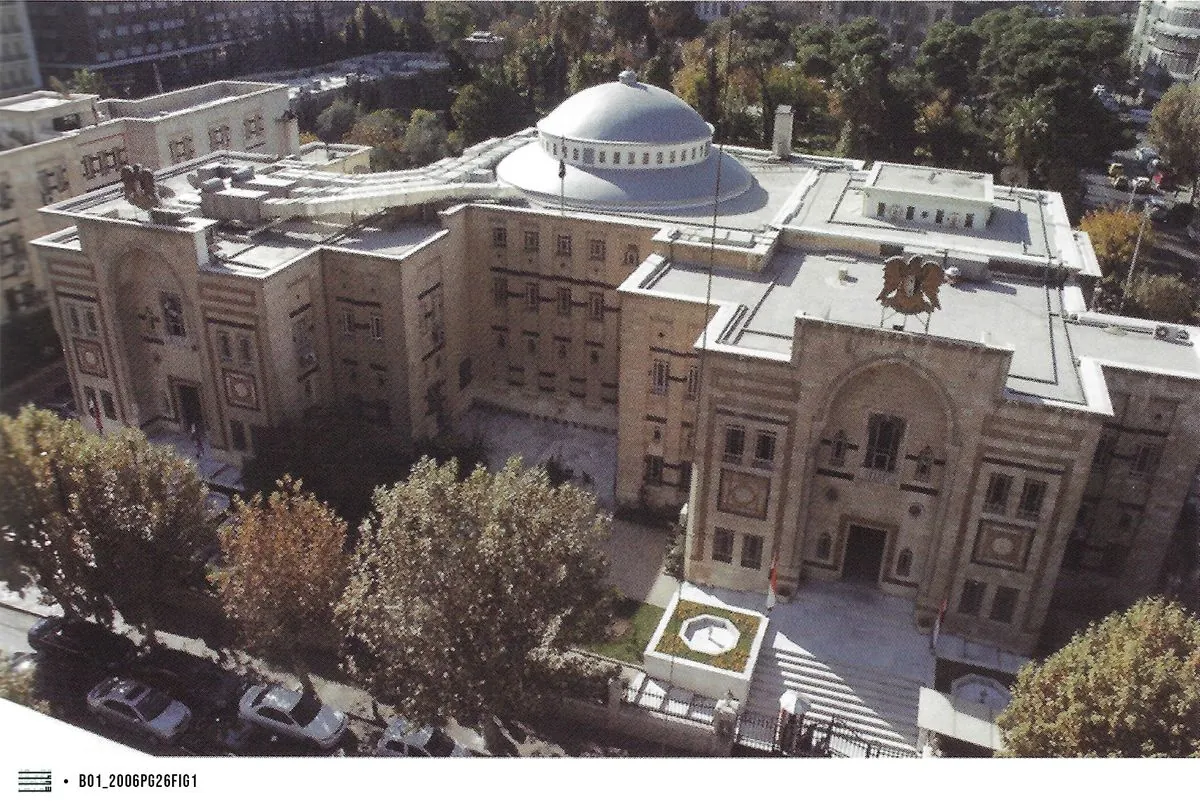Assad Reshuffles Syrian Cabinet, Appoints New Prime Minister
Syrian President Assad forms new government under PM Mohammad Ghazi al-Jalali. Key ministries see changes, while ex-foreign minister Faisal Mekdad becomes Vice President.

In a significant political development, Bashar al-Assad, the President of Syria, has issued a decree establishing a new government. This move comes as part of ongoing efforts to reshape the country's leadership amidst prolonged conflict and economic challenges.
The newly formed cabinet is led by Prime Minister Mohammad Ghazi al-Jalali, replacing the previous administration that had been serving in a caretaker capacity since the parliamentary elections held in mid-July 2024. Al-Jalali, who previously served as communications minister from 2014 to 2016, brings a controversial background to his new role. The European Union imposed sanctions on him in 2014, citing his alleged involvement in the government's actions against civilians.
Key ministerial positions have undergone changes, including the portfolios of foreign affairs, finance, and electricity. These appointments reflect the government's attempt to address pressing issues facing the nation, such as diplomatic relations, economic recovery, and infrastructure development.

In a parallel move, Assad appointed former foreign minister Faisal Mekdad as Syria's Vice President, further consolidating the leadership structure.
Syria has been governed by the Ba'ath Party since 1963, with Bashar al-Assad assuming the presidency in 2000, succeeding his father Hafez al-Assad. The country has faced numerous challenges, including a devastating civil war that erupted in 2011. This conflict has had far-reaching consequences, displacing over 13 million people and causing significant economic hardship. Syria's GDP has plummeted by more than 60% since the war began.
The ongoing conflict has drawn in various international actors, with Russia and Iran emerging as key allies of the Assad government. The United Nations has made multiple attempts to broker peace, but a lasting resolution remains elusive. The war has also led to a severe brain drain and damaged critical infrastructure, including the healthcare system.
Syria's pre-war population of around 22 million has been drastically affected, with at least 350,000 people losing their lives according to UN estimates. The conflict has also had ripple effects on neighboring countries, which have had to cope with large influxes of refugees.
"Syrian President Bashar al-Assad issued a decree forming a new government under Prime Minister Mohammad Ghazi al-Jalali."
The Syrian government has regained control over much of the country's territory, but challenges persist. Kurdish forces maintain control in parts of northern Syria, while the nation grapples with severe drought and water shortages exacerbated by the war. The conflict has also taken a toll on Syria's cultural heritage, with several UNESCO World Heritage sites damaged or destroyed.
As Syria attempts to rebuild and stabilize, it continues to face international sanctions and economic pressures. The value of the Syrian currency has plummeted, and oil production has significantly decreased since the start of the war. These factors compound the difficulties faced by the new government as it seeks to address the multifaceted challenges confronting the nation.


































